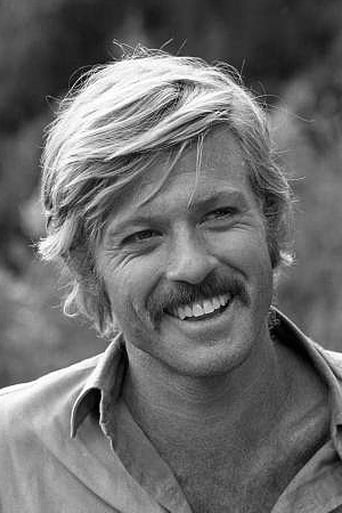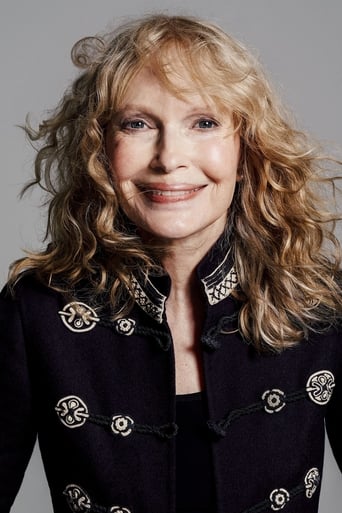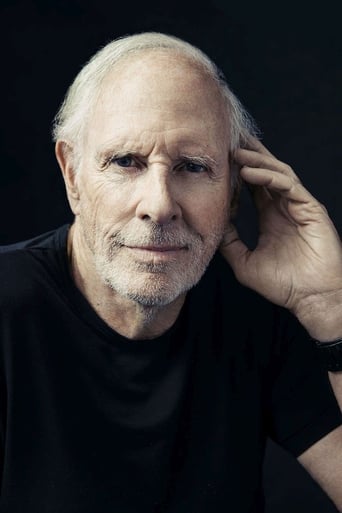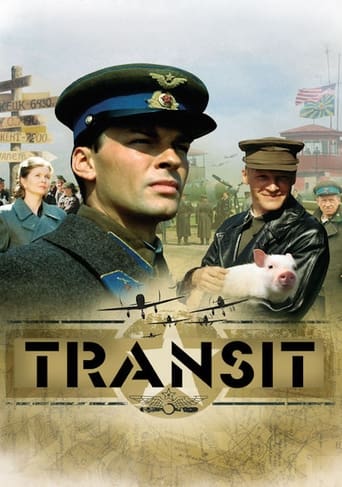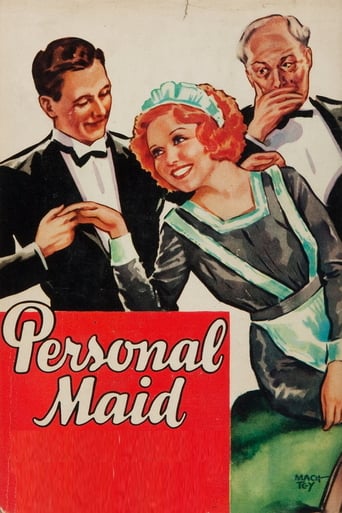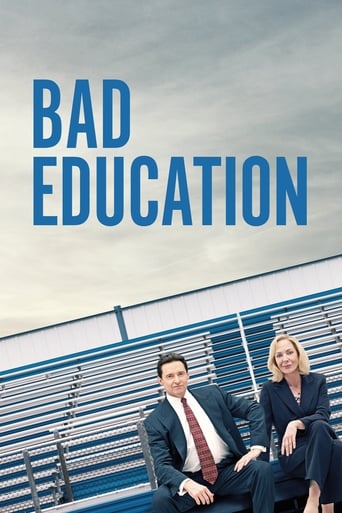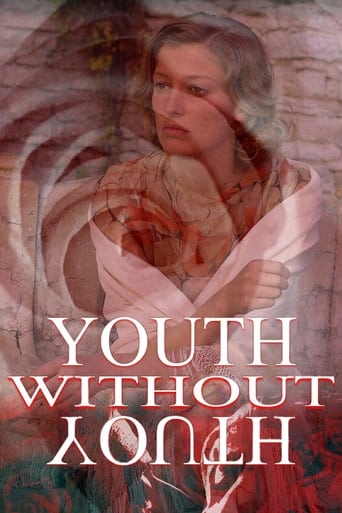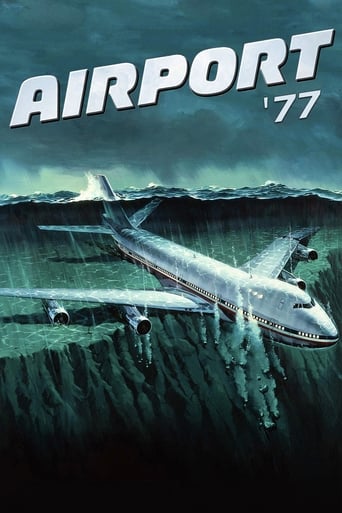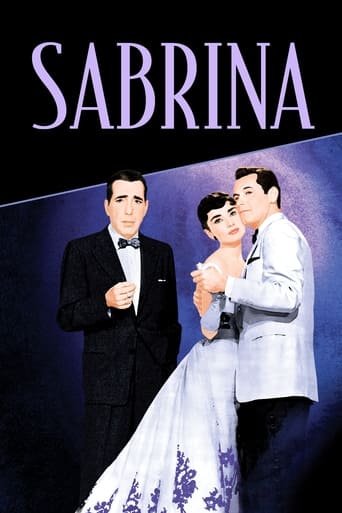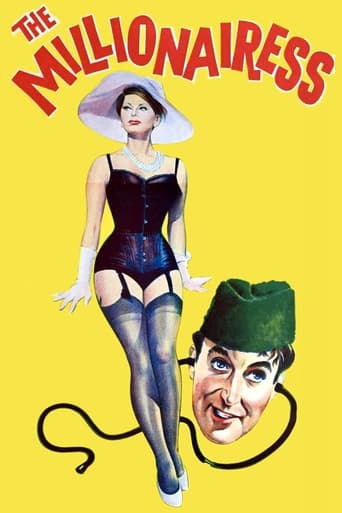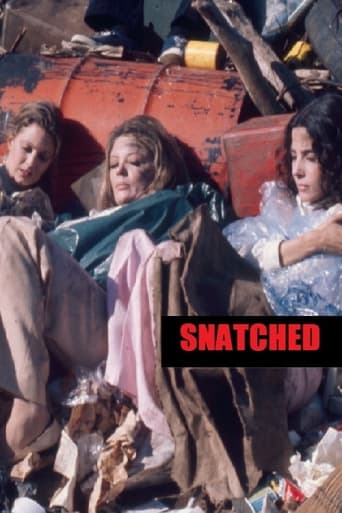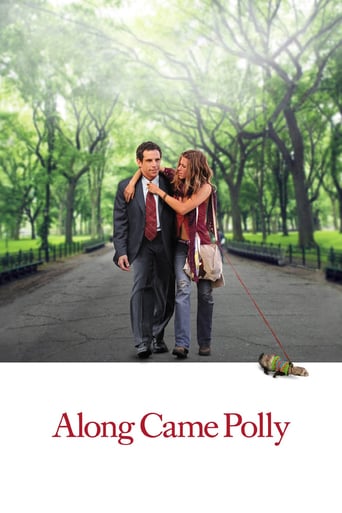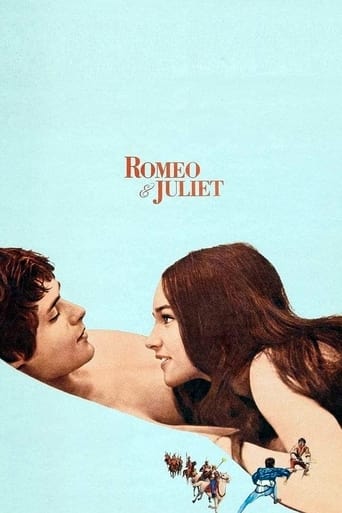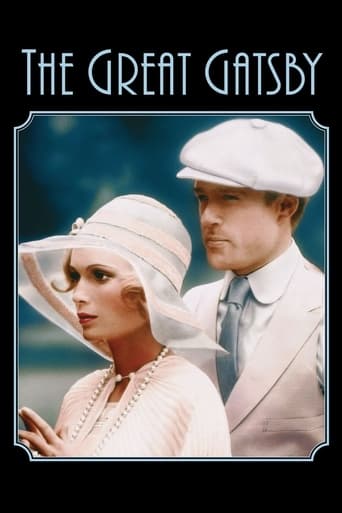
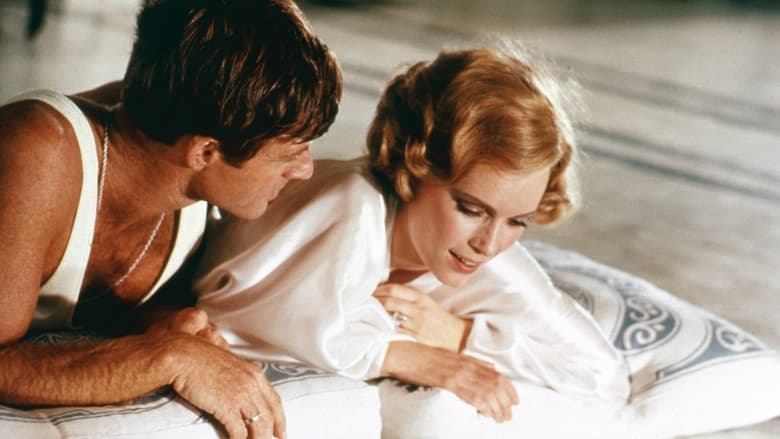
 Watch Now
Watch Now




The Great Gatsby (1974)
 Watch Now
Watch Now




Nick Carraway, a young Midwesterner now living on Long Island, finds himself fascinated by the mysterious past and lavish lifestyle of his neighbor, the nouveau riche Jay Gatsby. He is drawn into Gatsby's circle, becoming a witness to obsession and tragedy.
Watch Trailer
Cast


Similar titles
Reviews
One of my all time favorites.
A waste of 90 minutes of my life
The performances transcend the film's tropes, grounding it in characters that feel more complete than this subgenre often produces.
The acting is good, and the firecracker script has some excellent ideas.
If you want to get the real thing read the book. Otherwise watch this movie. It is as close as a film can get to this masterpiece of American literature. I appreciate that the director and the script didn't try to deviate from the book. The actors are excellent throughout, except for Tom, who is adequate but miscast. Mia Farrow hits all the right notes. To appreciate Redford's understated acting, you need to see DiCaprio try the same role. The rest of the cast is flawless. Sam Waterston is the perfect empathetic narrator through whose eyes we see the tragedy unfold... but as hard as he tries we will never see it through Fitzgerald's pen unless we read the book.
If you can get past the god-awful acting, the dull camera- work, and the horribly drawn out story, you will see that the 1974 film adaptation of The Great Gatsby is actually, surprisingly faithful to the novel. Though not exactly emulating the mood that the novel had, Jack Clayton directs a film that sticks very close to original story that Fitzgerald envisioned. A decadent and lavish lifestyle is portrayed with the utmost attention to detail, careful not to stray far from the book. But, as it seems to be with every book-to-film adaptation, there are some minor differences. All of these differences honestly, do not really seem to make that big of a difference though. The biggest changes that the movie seems to make are the alterations of the dialogue, which the writer no doubt made to make the conversations, scenes, and overall story flow better on screen. Other minor differences include the fact that in the book, Tom is described as a "hulking brute of a man", while in the film, he is just portrayed as an average looking guy. This change does not affect the story much, if at all, and was probably made just because it would be kind of off-putting to see an incredibly giant, muscular man the entire run-time of this movie. Mostly, all of the changes are a lot like these two. They help to adapt the novel onto the big screen and they rarely ever take away from the actual story in any way, shape, or form.But, in my personal opinion, I thought that the book was far superior to the movie-adaptation. The novel felt as though it had so much more character and atmosphere while the movie just loses all of the spirit that the original had. Also, as with most film adaptations of books, you lose the key factor that your imagination plays when you are reading the book. You get to envision everything that the author wanted you to see when he wrote it. But with the film, there is no envisioning, no imagination. Just the pictures that came to the director's mind when he read the book. Film can be an incredibly powerful form of emotion and story-telling, but when done like this, I think that you are better off with the book.
The 1974 film "The Great Gatsby" was like a peanut shell, and the book is like the whole peanut. It accurately depicted the main story and setting directly from the book, but the characters appeared hollow. Except for Wilson, the characters fail to make the viewers care for any of them. Also, many characters (especially Daisy) were very overdone and unrelatable. In the book at least Daisy was somewhat relatable. In short, it showed the story of "The Great Gatsby" without all of Fitzgerald's emotional power that made it so great. This movie seemed to take every detail from the book down to the dialogue, but there were some slight alterations. The scene in which Nick and Daisy were alone together and Daisy tells him about troubles with Tom was at Jordan's golf tournament. This is opposed to the actual scene in the book where Daisy and Nick are on the Buchanan's porch. Nick also finds out about Jordan's dishonest behavior from his memory of a Newspaper article, not in person at the golf tournament when she moves the ball . Clayton might have decided to add this because it showed this act out instead of just retelling it through Nick's memories like in the book.. Another change between the film and the novel was that when Nick first met Meyer Wolfsheim in the film, he was informed by Wolfsheim that Gatsby started out poor and was made by Wolfsheim. This is contrary to the novel in which Nick isn't told this by Wolfsheim until after Gatsby is dead. Clayton may have done this in order to show Nick's distrust for Gatsby. In the book, Nick's internal conflict over believing Gatsby was in his thoughts. Clayton may have thought that it would fit better in the film to have the conflicting evidence be presented in conversation rather than through Nick's internal deductions. The film did a good job at recreating the setting and the characters on the outside. However, watching this story failed to have the same beautiful eloquence that Fitzgerald pulled off in the book. The characters in the book were elaborate and had a very distinct personality whereas in the film they seemed flat and simple. Gatsby's death at the end of the film seemed sad but not anywhere close to the same extent as in the book. It is this gap in emotion that makes the novel better than the film.
This version of THE GREAT GATSBY has its share of detractors, and possibly for good reason: the narrative crawls along at a snail's pace, while the period atmosphere, although lovingly evoked by designer John Box, appears strangely false. Everything is just too shiny, even the interior of the Plaza Hotel, where Gatsby (Robert Redford) and Tom (Bruce Dern) have their climactic confrontation. On the other hand Jack Clayton's adaptation offers several visual pleasures - for example his use of symbolism. There are numerous shots of birds flying away, except for one sequence, where Nick (Sam Waterston) discovers a dead seagull on the seashore near his home. This reminds us of how the protagonists - especially Gatsby and Daisy (Mia Farrow) - are imprisoned by their existences. They might have money, but they cannot fly off like the birds into a new life. The film also includes several shots of Gatsby and Daisy reflected in mirrors, or in the water of the outdoor pool at Gatsby's mansion, drawing attention to the doomed nature of their affair. It is as if they cannot endure the idea of face-to-face contact; when they do get close, they seem ill-at-ease, despite their protestations of love. While Gatsby believes that the past can be recreated, Clayton's film proves otherwise. Redford is strangely muted as Gatsby; he certainly looks the past, especially when photographed alone standing on the jetty against the early evening sky, but he seems reluctant to show Gatsby's passionate nature lurking beneath the civilized veneer. Bruce Dern is quite outstanding as Tom - a thoroughly odious person with scant regard for anyone else's feelings, especially those of his wife. Waterston's Nick acts as the narrator for the entire piece; his delivery of the book's final lines in voice-over is incredibly moving, especially when he contrasts Gatsby's naive hope for the future with Daisy and Tom's "carelessness" (Fitzgerald's phrase). This GATSBY is definitely worth watching as an example of Clayton's meticulously precise style of filmmaking.


